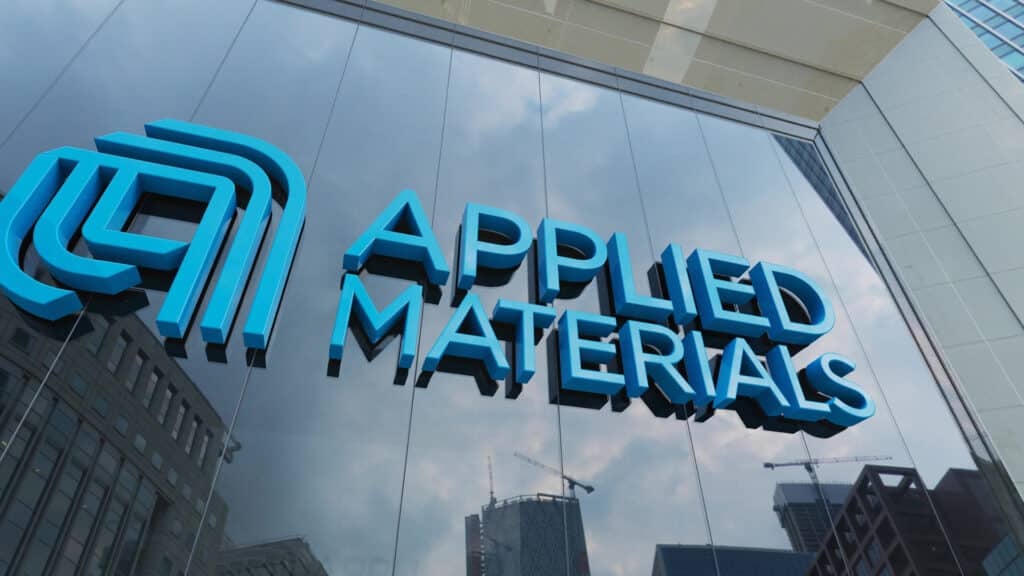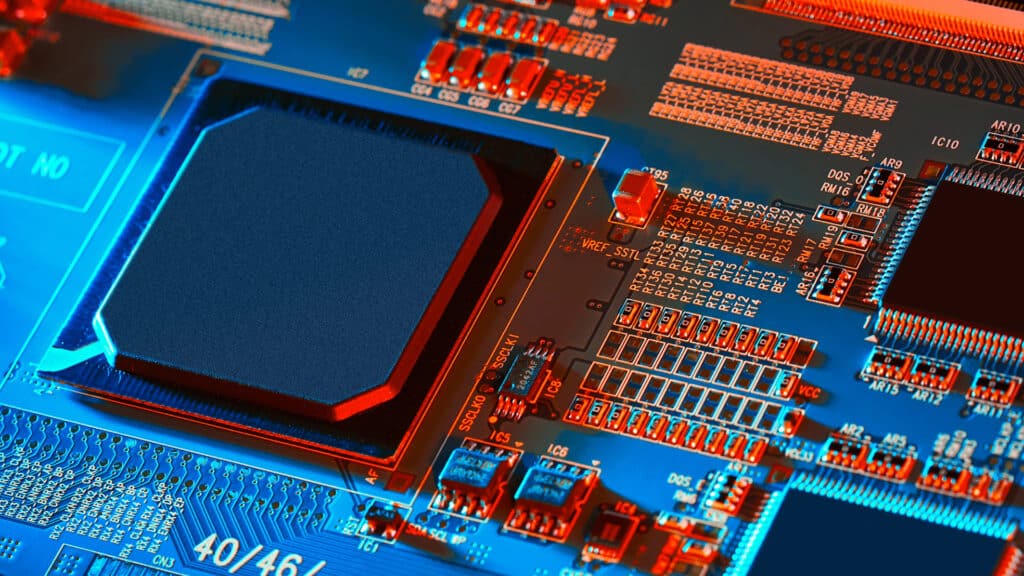Analyst(s): Camberley Bates
Publication Date: February 27, 2025
Solidigm has extended its multi-year partnership with Broadcom to secure high-capacity SSD controllers for AI workloads. As AI adoption skyrockets, data centers face mounting pressure to enhance storage efficiency, speed, and scalability. This agreement highlights Solidigm’s leadership in QLC NAND SSDs, ensuring AI infrastructure can keep pace with the high demand for high-performance, power-efficient storage solutions.
What is Covered in this Article:
- Solidigm extends its multi-year partnership with Broadcom to secure high-capacity SSD controllers for AI workloads.
- The agreement includes Solidigm’s 122TB D5-P5336, the world’s highest-capacity PCIe SSD.
- AI storage demand is projected to grow 35% annually, with SSDs becoming standard deployment for AI training and inference.
- The partnership highlights Solidigm’s leadership in AI storage infrastructure and enterprise deployments for SSD deployments.
The News: Solidigm has confirmed a multi-year extension of its agreement with Broadcom Inc., ensuring continued access to high-capacity SSD controllers for AI and data-heavy workloads. Broadcom’s custom controllers have been integral to Solidigm’s SSDs for over a decade, with more than 120 million units shipped across major industry standards, including SATA, SAS, and NVMe.
This extended partnership includes support for Solidigm’s new 122TB D5-P5336 data center SSD – the world’s highest-capacity PCIe SSD – designed to optimize storage efficiency from core data centers to the edge. Co-CEO Kevin Noh emphasized that Solidigm’s quad-level cell (QLC) NAND-based SSD portfolio now ranges from 8TB to 122TB, all leveraging the same Broadcom controller, simplifying integration for customers.
Solidigm and Broadcom Extend SSD Partnership to Power AI’s Next Growth Phase
Analyst Take: The rapid evolution of artificial intelligence (AI) has driven a surge in data storage needs. High-performance storage is crucial for AI workloads, particularly in generative AI (gen AI) training and retrieval-augmented generation (RAG), where datasets require fast and scalable access. AI’s expansion isn’t just about compute power – it’s equally dependent on data throughput.
By securing long-term access to SSD controllers, Solidigm is positioning itself to meet the growing demand for AI storage, ensuring its solutions scale without performance bottlenecks. With SSD adoption in AI data centers accelerating, this agreement reinforces Solidigm’s leadership in AI-driven storage innovation.
AI’s Growing Dependence on SSDs
The enterprise SSD market is projected to expand at a staggering 35% annual growth rate, increasing from 181 exabytes (EB) in 2024 to 1,078 EB by 2030, according to McKinsey. This surge is fueled by two primary AI workloads: model training and inference. As AI models grow more sophisticated, they will require significantly more storage per server. All this drives the need for efficiency, in space, power, and cooling. SSDs have become an essential data element for maintaining efficiency.
Unlike traditional hard drives (HDDs), which struggle to keep up with AI’s performance demands, SSDs deliver the low-latency, high-bandwidth capabilities required for real-time applications. Model training alone is expected to drive SSD demand quoted by various sources above 60% annually through 2030, with large language models (LLMs). Their high capacity makes for higher density, saving space as well as significant power savings, as outlined by Signal65’s analysis of the 100 Megawatt data center.
Inference workloads and real-time AI processing tasks, will be core to the applications delivered by the enterprise. While these applications will require less capacity than training, IO speed becomes critical. The need for rapid data retrieval, minimal latency, and high-endurance storage known as the core to transaction processing, is making SSDs required deployment.
What This Means for AI Storage and the Market
AI storage demand and the transition from HDDs to SSDs for the core of application delivery are necessities for AI scalability. Solidigm’s early investment in high-density QLC SSDs gives it a strategic advantage, as it continues to remain at the forefront of AI storage solutions.
This agreement with Broadcom secures supply chain stability for Solidigm as AI-driven storage demand grows.
What to Watch:
- AI training models are becoming more complex, requiring increased storage capacity that will accelerate enterprise SSD system upgrades.
- Power and cooling constraints will encourage migration of HDD storage to all solid states.
- Solidigm’s QLC SSDs offer high-density storage, but performance demand will see a blend of TLC and QLC deployments as specified by the application.
- SSD controller supply stability is crucial as AI adoption accelerates, making long-term vendor partnerships a key differentiator in the market.
See the complete press release on Solidigm’s extended partnership with Broadcom for high-capacity SSD controllers on the Solidigm website.
Disclosure: The Futurum Group is a research and advisory firm that engages or has engaged in research, analysis, and advisory services with many technology companies, including those mentioned in this article. The author does not hold any equity positions with any company mentioned in this article.
Analysis and opinions expressed herein are specific to the analyst individually and data and other information that might have been provided for validation, not those of The Futurum Group as a whole.
Other insights from The Futurum Group:
Solidigm Expands SSD Portfolio, Ups Focus on AI Data Pipeline
Insights from Dell, Qualcomm & More – A Recap from The Six Five Webcast
Perspectives on the AI Data Pipeline with Solidigm – Six Five Webcast: Infrastructure Matters
Author Information
Now retired, Camberley brought over 25 years of executive experience leading sales and marketing teams at Fortune 500 firms. Before joining The Futurum Group, she led the Evaluator Group, an information technology analyst firm as Managing Director.
Her career spanned all elements of sales and marketing including a 360-degree view of addressing challenges and delivering solutions was achieved from crossing the boundary of sales and channel engagement with large enterprise vendors and her own 100-person IT services firm.
Camberley provided Global 250 startups with go-to-market strategies, creating a new market category “MAID” as Vice President of Marketing at COPAN and led a worldwide marketing team including channels as a VP at VERITAS. At GE Access, a $2B distribution company, she served as VP of a new division and succeeded in growing the company from $14 to $500 million and built a successful 100-person IT services firm. Camberley began her career at IBM in sales and management.
She holds a Bachelor of Science in International Business from California State University – Long Beach and executive certificates from Wellesley and Wharton School of Business.







